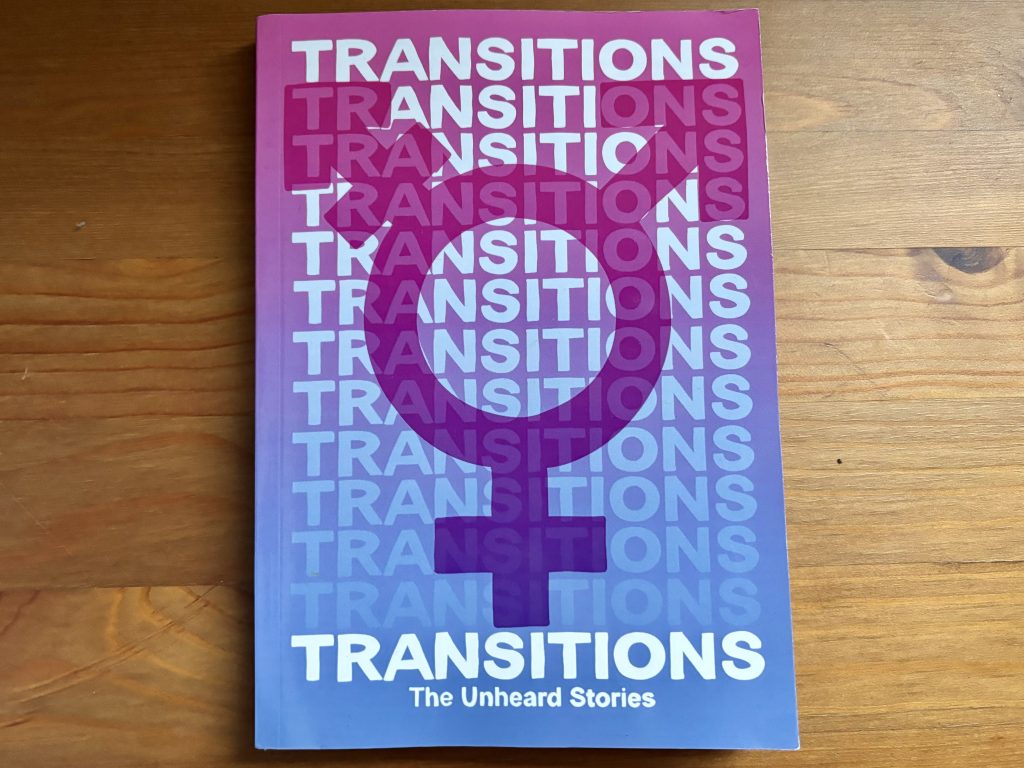Transgender Awareness week takes place each year between 13-19 November, celebrates progress while highlighting ongoing challenges, particularly in healthcare, where transgender and non-binary individuals face significant barriers to care.
TransActual, founded in 2017, advocates for trans and non-binary people’s rights, focusing on healthcare, legal protections, and media representation.
Jane Fae, the director of communications at TransActual empathised that the community’s primary concern is access to reliable and consistent healthcare.
According to a recent TransActual report, one of the ongoing challenges faced by the transgender community is the refusal of some NHS GPs to prescribe hormone replacement therapy (HRT) even when a recommendation is provided by an NHS gender clinic or for individuals who have already undergone gender reassignment surgery.
The report found that 26% of respondents had been denied HRT despite having a letter from a gender clinic, highlighting a significant barrier to accessing essential gender-affirming healthcare.
Fae said: “If you de-transition, or if you stop giving HRT to a trans woman, then if they’re post-op, they could die – it’s as basic as that.
“There are changes to your body which happened with gender reassignment surgery, which means you need HRT for the rest of your life.”
The report highlighted that the most frequent reason GPs refuse to prescribe hormone replacement therapy (HRT) is a perceived lack of competence or training in gender-affirming care, with many GPs feeling unqualified due to insufficient medical knowledge on gender dysphoria treatment.
Additionally, the report identified policy and financial barriers as common obstacles. These include the lack of clear guidelines for shared care between GPs and specialist gender clinics, as well as insufficient funding for HRT prescriptions in some practices.
Some GPs also cited personal beliefs as a reason for refusal, indicating that ideological views on gender identity can influence clinical decision-making, potentially affecting patient care.
Administrative challenges were another issue, with some GPs reporting difficulties due to missing medical records or unclear policies regarding shared care.
Fae added: “The only thing that we count on are our allies, it’s been made difficult in the last few years because [of] the anti’s. If you stand up and say, ‘trans people aren’t that bad,’ you just get piled on.”
As part of their advocacy, TransActual is actively urging individuals to reach out to their MPs, either by attending events in Parliament or by scheduling meetings with their MPs to highlight the challenges faced by the transgender community, particularly regarding access to healthcare, and to push for legislative change.
Through policy reform, public education, and allyship, there is hope that these barriers will give way to more inclusive, affirming healthcare for all transgender and non-binary people.

Fae is also promoting her book Transitions: The Unheard Stories, which aims to challenge the misconceptions surrounding transgender people and provide a more accurate portrayal of their lives and experiences.
This resource is part of TransActual’s broader efforts to educate the public and advocate for better representation and healthcare for trans and non-binary individuals.
It aims to serve as a tool to inform policymakers, allies, and the general public about the realities faced by transgender people.
For more information on TransActual and their campaigns, you can visit their website here.
Featured image credit: Ted Eytan under CC BY-SA 4.0.





